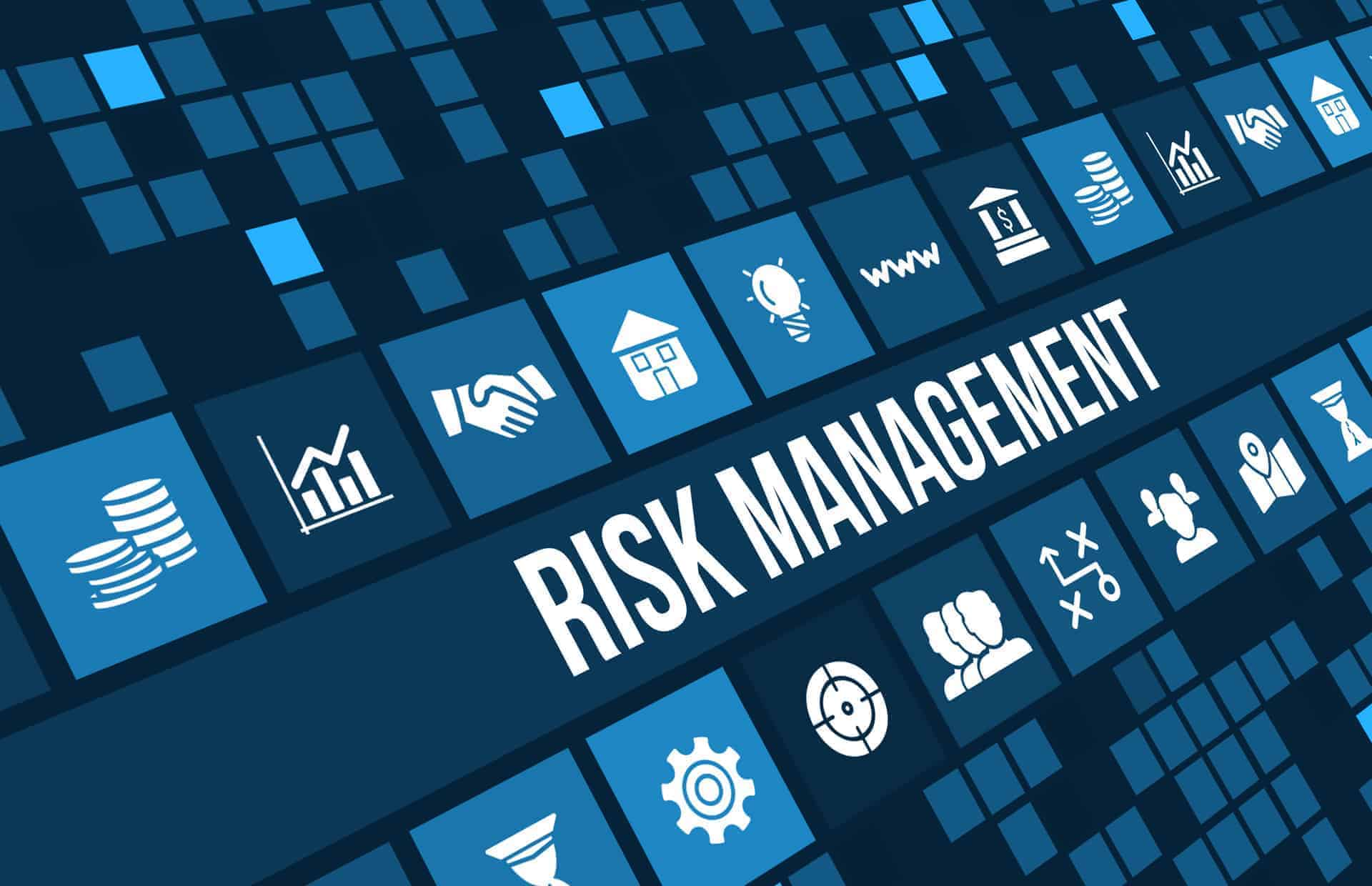AI is revolutionizing Risk Management and Compliance in the banking sector (05/2024)
In the coming years, artificial intelligence has the potential to completely transform how financial institutions manage risks, automate, accelerate, and enhance a wide range of activities, from compliance to risk monitoring.
✨Get a Dissertation Research Proposal on this Topic
Fill in the form and we will shortly create and send you the research proposal on "AI is revolutionizing Risk Management and Compliance in the banking sector " for free.

In the coming years, artificial intelligence has the potential to completely transform how financial institutions manage risks, automate, accelerate, and enhance a wide range of activities, from compliance to risk monitoring.
It is important that risk management and compliance areas establish safeguards to regulate the use of AI within the organization. However, technology can also assist these same areas in improving their efficiency and effectiveness.
This may enable teams to shift their focus from task-based activities to collaborate with business areas on strategic risk prevention and control implementation, starting from the analysis of new customer profile.
As a result, risk management professionals could then focus on developing new products and strategic decisions, identifying and analyzing emerging risk trends and scenarios, strengthening resilience, and proactively enhancing risk management and control processes.
These advancements may result in the creation of risk intelligence centers, driven by artificial intelligence, which serve all lines of defense (LODs): business and operations areas, compliance functions, risk management, and audits.
This center would provide automated reports, increase risk transparency, optimize efficiency in risk-related decisions, and partially automate the development and updating of policies and procedures to reflect changes in regulatory requirements. It would serve as a reliable and effective source of information, enabling risk managers to make well-founded decisions quickly and accurately. Among the various applications of artificial intelligence for financial institutions, there are several cases that banks are exploring as primary adoption options.
These include areas such as regulatory compliance, financial crime prevention, credit risk assessment, data analysis and modeling, cybersecurity, and climate risk management. In general, we observe the application of generative artificial intelligence in risk management and compliance functions through three main types of use cases. Risk managers can base their decisions on analyses that consider both qualitative and quantitative aspects related to impact, risk, and feasibility.
This process involves ensuring compliance with the overall direction set by banks for generative artificial intelligence, along with associated safeguards, as well as understanding applicable regulations. I believe that generative artificial intelligence will empower all areas of risk management and compliance in banks in the future.
This will require a profound cultural transformation, involving ensuring that all risk professionals are familiar with the new technology, its capabilities, limitations, and how to mitigate these limitations. Integrating artificial intelligence will represent a substantial change for all organizations, but those that can skillfully balance the adoption of this technology with the management of inherent risks may achieve significant productivity gains.
About ECEBiS
At ECEBiS you are going to understand what will change the trajectory of the financial industry. You will develop a transversal view on the forces that are shaping the future financial industry.
From payments and lending to investment and money management, tech providers are actively shaping the future of the financial landscape - even pushing the boundaries of currency itself. You might evaluate the impact of robo-advising on health management and examine portfolio recommendations from a diversified set of RAs and attempt to identify the factors behind proposed splits between asset classes.
ECEBiS is a platform in academic research on new business models and innovative products. We investigate in fast moving sectors that are reshaping the financial world of tomorrow and pioneering new ways of doing business. We want to attract outstanding ECEBiS students in finance with experiences and exposures, who intend to
Doctorate of Business Administration (DBA) in Finance (online, 3 years part-time)
develop knowledge on challenges that shape the future of financial industry
engage with a program that offers the convenience of online learning with the benefits of accreditation and global reach.
raise awareness on the importance of fintech and sustainability in finance
identify the best practices in the financial industry to spread positive changes
Go beyond the virtual classroom and network with other ambitious executives and entrepreneurs as you expand your credibility and expertise in the world’s most transformative fields.